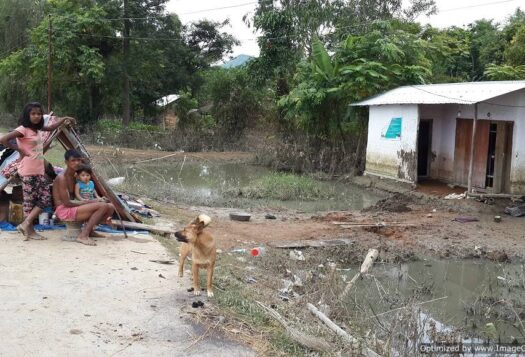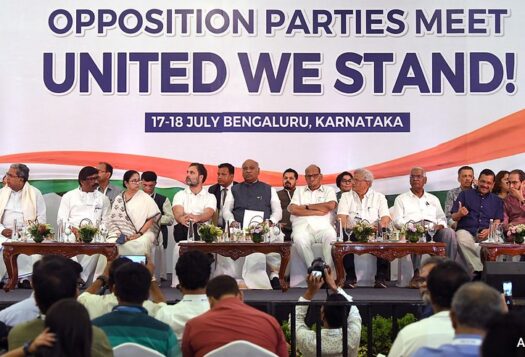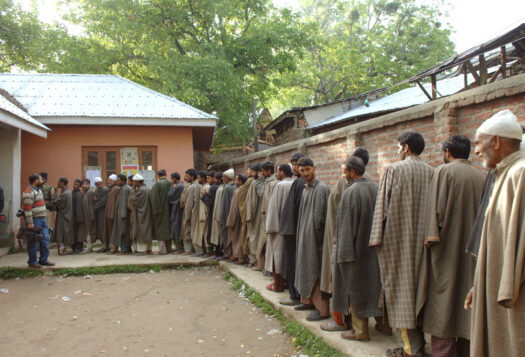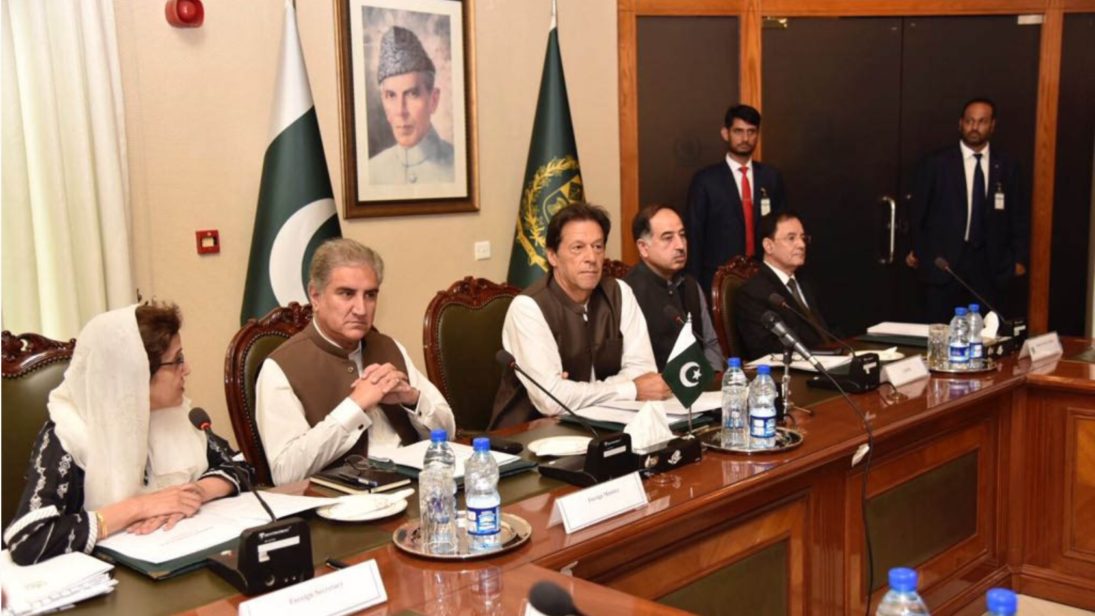
Before coming to power, the Pakistan Tehreek-e-Insaf (PTI) leadership made grandiose promises of introducing major reforms during its first hundred days, including the provision of economic relief to the people of Pakistan. Though the newly-elected prime minister, Imran Khan, and his cabinet completed hundred days in office today, no significant positive change is discernible. Quite the contrary, the country’s economic, political, and governance situation has deteriorated, giving an indication of what the next four years might look like.
Transforming the country’s governance structure by furthering accountability, empowering people at the grassroots level, and depoliticizing and strengthening the police nationwide have become hallmark promises of Khan’s political agenda. Additionally, uplifting the country’s struggling agriculture industry, enhancing Pakistan’s internal and external security, and strengthening the federation were also part of the 100-day agenda.
Economic Constraints
Economic liability has directly impacted Khan’s plans to invest in the country’s human development. In the run-up to the election, PTI promised to increase expenditure on health and education and to allocate substantial resources towards building an export economy. However, the government inherited a serious economic challenge: Pakistan’s foreign currency reserves have been falling sharply over the last few months and the country is facing a serious balance-of-payments crisis. While the PTI-led government struggles to address this, both the national and provincial cabinets have been unable to push beyond forming committees to devise proposals for reforms. In addition, while Khan undertakes personal visits to allies and would-be donor states seeking assistance, struggling to shore up Pakistan’s economic resources, various religious groups challenge the state’s writ domestically. It remains unclear whether Khan’s government will implement more radical reforms for fear of further antagonizing the traditionally-strong religious right, which suggests that the current government is facing more pressure than its predecessor, having promised lofty reforms that are being challenged at every step. This further isolates Pakistan at a time when its economy is in dire need of foreign assistance. Overall, Khan’s 100-day agenda has become a direct victim to Pakistan’s financial woes, and unless Pakistan secures a major financial package from the International Monetary Fund (IMF) and significantly improves its exports, the current government is unlikely to be able to implement its reform agenda effectively.
Political Divisiveness
Divisions within the government have further added to Khan’s woes. Barely three months into its tenure, the PTI government is already facing pressure from various political challengers that are undermining its ability to govern effectively and Khan does not appear to be doing well when it comes to managing coalition partners, who are already threatening to leave if the ruling party does not accommodate or accede to their demands.
Moreover, Khan’s own party is divided when it comes to taking on the challenge of governance. In Punjab, the largest province in Pakistan, a number of PTI subgroups have emerged presenting the illusion of a government within a government. This challenges the authority of the executive level and is most likely due to the fact that many of PTI’s elected officials were defectors from other major parties, with traditional strongholds of their own. With the confusion that this brings, it is no surprise that government officers, in Lahore especially, can be overheard complaining about a lack of leadership at the provincial level and no clear vision regarding what the government expects from the bureaucracy. With various leaders vying for their own political priorities to be prioritized, these government officers are left unaware of who is in charge. This situation will likely embolden the opposition, who only stands to gain from PTI’s internal divisions and inability to effectively implement its political agenda.
Unrelenting Religious Right
An unrelenting religious right is not willing to allow the current government to operate freely in terms of implementing its political agenda. For instance, the recent incident of Khan’s party taking back the name of an Ahmadi Muslim from an economic advisory council due to religious right’s pressure suggests that the current government is not expected to carry out some bold policy making. Khan’s 100-day governance plan was all about bold interventions: from improving security, which became a victim of recent Islamists protests in Pakistan to an independent foreign policy that is also under pressure from religious right as the current government cannot expect to open talks with countries like India without alienating some Islamist groups, Khan’s plans of reforming Pakistan have faced a setback.
As aforementioned, the rising challenge that religious extremism has added to the current government’s ability to prioritize its reform agenda further aggravates the political and economic situation in the country. Much the same as the previous government’s last year in office, Khan is facing extreme pressure from several right-wing hardliners on governance decisions that have been deemed anti-Islamic. During the first two months of Khan’s government, a religious hardline group known as the Tehreek-e-Labaik Pakistan (TLP) has carried out massive street protests and sit-ins, forcing the government to make concessions, and in the process, weakening its authority in the early stages of its tenure.
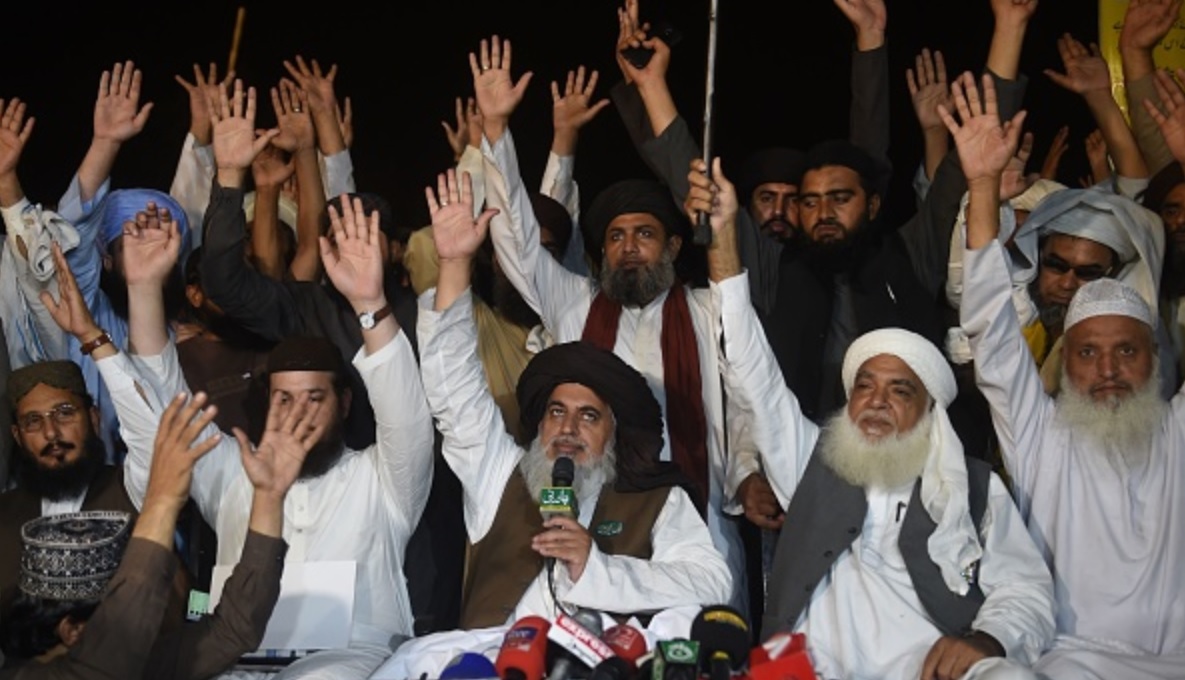
When the TLP targeted the outgoing government, Khan’s intervention was seen as appeasing the former in an effort to undermine the government, and some argued Khan was paving the way towards an electoral alliance with the protesting hardliners. However, these recent incidents highlight that the TLP and other like-minded groups are operating at their own behest, not as proxies for any political party, furthering their own agendas, such as the continuation of Pakistan’s harsh blasphemy laws. The group’s hardline narrative regarding the implementation of Pakistan’s stringent blasphemy laws has rapidly gained popularity across the country, adding to the organization’s street power. This doesn’t bode well for Khan’s government as the challenge of TLP is unlikely to dissipate – more protests and sit-ins can be expected should the TLP view any of the government’s reformative actions as detrimental to their ideology and goals.
The Way Forward
Subsequently, Khan’s popularity level and his image as a reformer suffers one serious blow after the other as crisis upon crisis occurs. The first hundred days of Khan’s government should have been an ideal time to put its overall long-term governance plan on track and make difficult decisions, including that of tackling religious extremism. Instead, it seems unlikely that Khan’s movement is going to achieve its first hundred-day governance goal. Most likely, the PTI-led government will continue to run into trouble as it implements its overall governance vision over the next four years. In an effort to avoid this, it is imperative that the PTI leadership ensure that the political ambitions of individual party members and coalition partners are not allowed to undermine their ability to govern.
Additionally, this government needs to prioritize long term initiatives to put the country’s economy back on track. While assistance from the IMF and other donors may be enough to alleviate an immediate economic crisis, it does not help long term goals of rebooting Pakistan’s indigenous economy and expanding the country’s exports. Alongside this, the intensifying challenge of the TLP is also going to determine the PTI’s overall performance and its ability to govern effectively over the next few years. The government must, therefore, reconsider its strategy regarding this group here on out. If Khan and his government are unable to take effective steps towards overcoming looming economic, governance and extremism challenges, the PTI’s governance job will only become difficult in the coming weeks and months. However, that is a scenario which not a single major institution in Pakistan wants to envision as the failure of the PTI would have implication at the state level. Even if such a challenge arose at some point with political opposition coming hard on the government and religious groups chipping in to weaken the party in power, Pakistan may see a crisis where political transition would become troublesome. All major political parties which are in opposition are under pressure from various institutions for their alleged miss-governance and mass-corruption and are not known for having good working relationship with either the country’s judiciary or the national security establishment. Above all, if above-mentioned challenges are left unaddressed, the challenge that extremist voices pose to the state of Pakistan and the current government may become an existential challenge.
***
Image 1: Prime Minister’s Office, Pakistan
Image 2: Arif Ali/AFP via Getty Images
